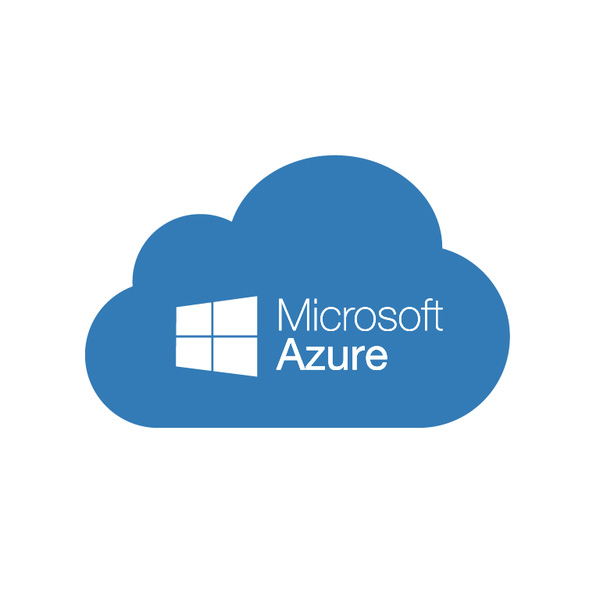SUPPORTING SATELLITE CONNECTIVITY FOR REMOTE AREAS
Microsoft corp. has just announced the Azure Modular Datacenter (MDC), its new cloud computing facility for customers in challenging environments, including remote areas.
According to the company, the new Azure MDC has a large range of use cases, such as for mobile command centers, humanitarian assistance, military mission needs, mineral exploration, and other scenarios. The facility also leverages Azure Space offerings and partnerships to feature satellite connectivity across the globe.
“Around the world, there are significant cloud computing and storage needs in areas with adverse conditions, where low communication, disrupted network availability and limited access to specialized infrastructure would have previously prevented taking advantage of cloud computing. The MDC solves this by bringing Azure to these environments, providing datacenter scale compute resources closest to where they’re needed,” said Bill Karagounis, General Manager, Azure Global Industry Sovereign Solutions, Microsoft.
Microsoft claims that its MDC can be deployed as a self-contained datacenter unit with a field transportable solution. The facility is expected to operate in a wide range of climates and harsh conditions, including a ruggedized, radio frequency (RF) shielded unit. Once deployed, the company adds that the new Azure MDC can serve as critical infrastructure where temperature, humidity, and level surfaces pose a challenge.
“We have made great leaps forward in piloting our datacenters in extreme environments, such as our Project Natick underwater datacenter research project. Building on these insights and input from our customers with the toughest mission requirements, the new Microsoft Azure Modular Datacenter (MDC) takes this edge capability even further,” said Tom Keane, Corporate Vice President of Azure Global.
Simultaneously, Microsoft announced a new partnership with SpaceX Starlink to provide high-speed, low-latency satellite broadband for the new Azure Modular Datacenter. This partnership builds on Microsoft’s existing Azure Orbital partnership with SES, which is meant to support its O3B Medium Earth Orbit (MEO) constellation O3b MEO, to extend connectivity between Azure cloud datacenter regions and cloud edge devices.
Microsoft MDC is generally expected to provide onsite augmentation of compute and storage capabilities for applications in the field, IoT and real-time analytics workloads. Also, the data center provides an option of using satellite communications as the primary connection where no other network is available.
 / Daily News…
/ Daily News…
